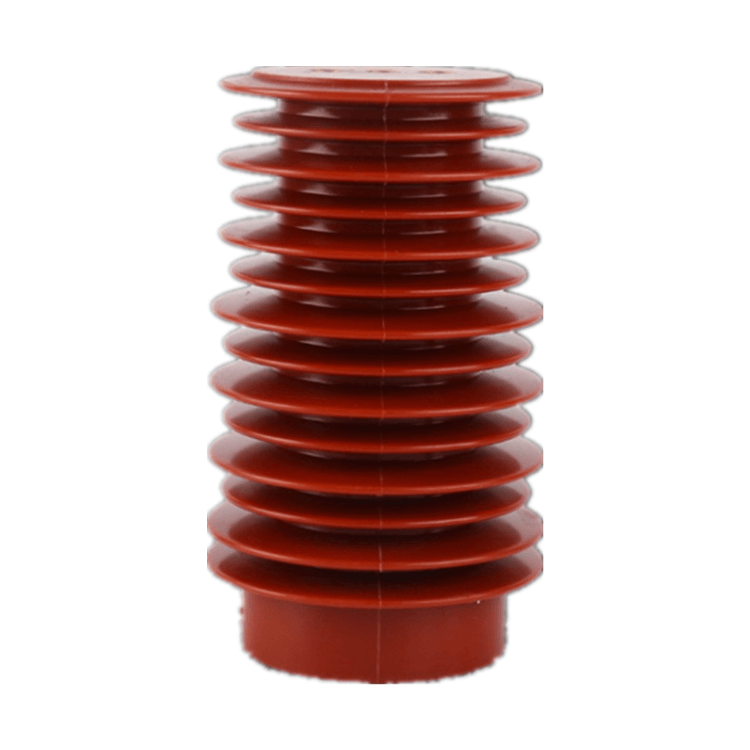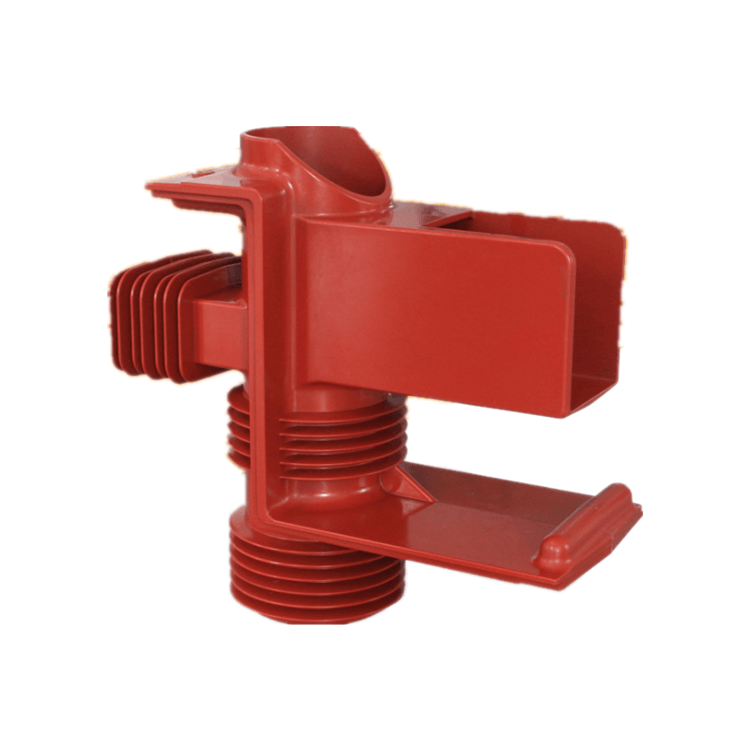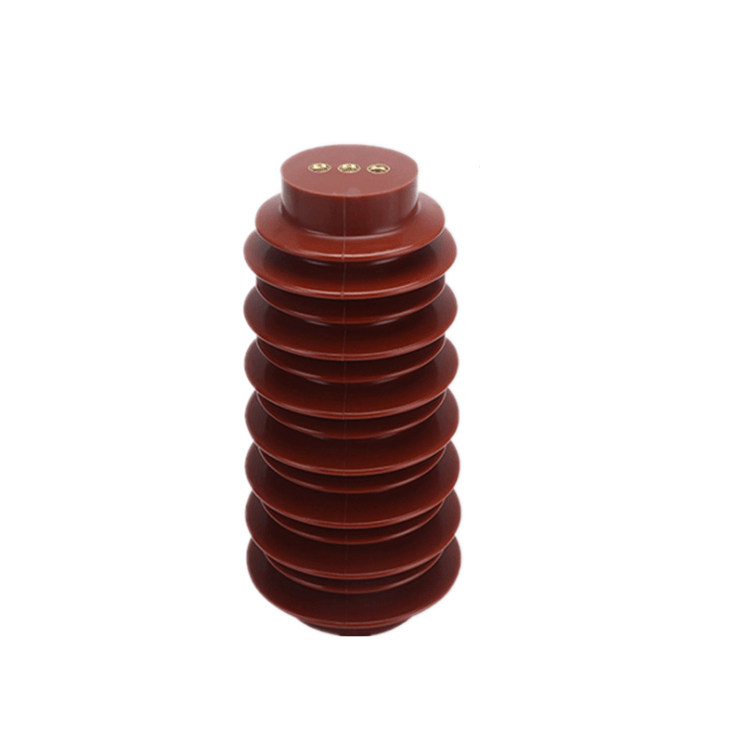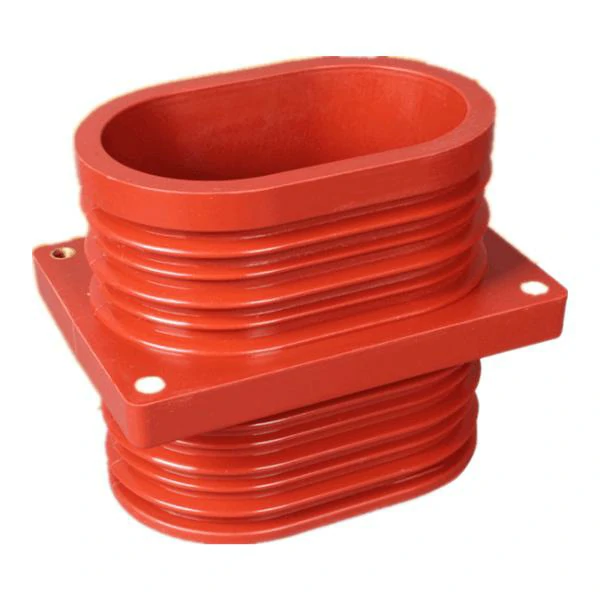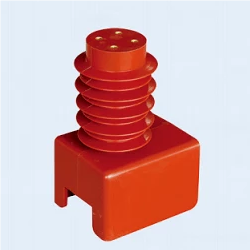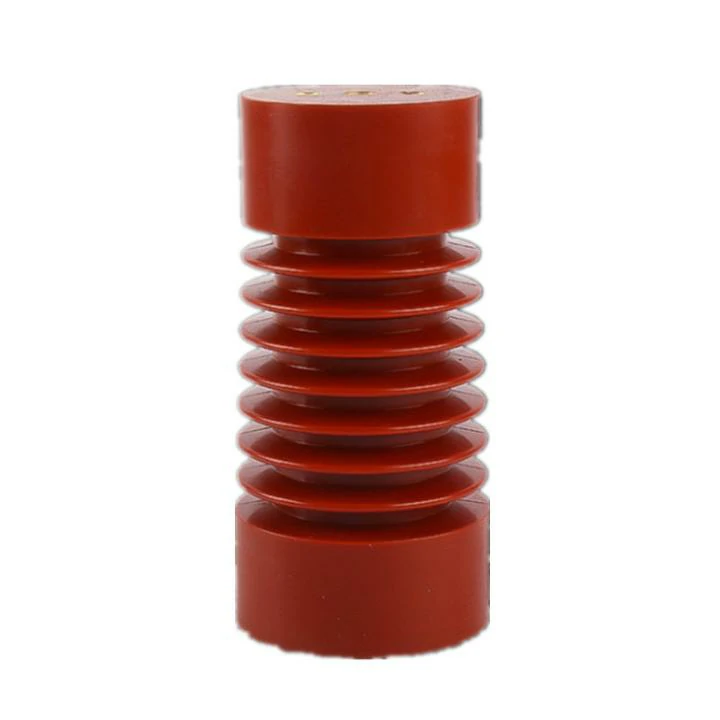Resin is a versatile and widely used material in various industries, from manufacturing to art and construction. Its remarkable properties make it a valuable asset for many applications. One of the essential considerations when working with resin is its thermal properties, specifically its ability to insulate heat. In this detailed and comprehensive article, we will explore the characteristics of resin as a heat insulator. We will delve into the science behind thermal insulation, discuss the types of resin, and analyze how they perform in terms of heat resistance. Moreover, we will also highlight the practical applications of resin in insulation and provide some insights into its advantages and limitations.
Understanding Thermal Insulation
To comprehend whether resin can serve as a heat insulator, it’s crucial to grasp the fundamentals of thermal insulation. Heat insulation is the process of minimizing the transfer of heat between objects or areas with differing temperatures. This process is achieved by using materials with low thermal conductivity, which inhibits the movement of heat from one side to the other.
Thermal conductivity is the property that quantifies a material’s ability to conduct heat. Materials with low thermal conductivity are considered good insulators, as they restrict the flow of thermal energy, while materials with high thermal conductivity are better conductors. The unit for thermal conductivity is W/m·K (watts per meter-kelvin). Insulators have values close to zero, while conductors have higher values.
Resin Types
Resins come in various forms, each with its distinct properties and characteristics. Two of the most common types are epoxy resin and polyester resin. Understanding their individual traits in terms of thermal insulation is crucial in determining whether they are suitable for specific applications.
- Epoxy Resin
Epoxy resin is a thermosetting polymer known for its exceptional strength, durability, and resistance to various environmental factors. It is often used in coatings, adhesives, and composites. When it comes to thermal insulation, epoxy resin is a decent insulator with a low thermal conductivity value, typically ranging from 0.15 to 0.35 W/m·K. While epoxy resin can effectively slow down the transfer of heat, it is not the best insulator available. Its primary strengths lie in its mechanical properties rather than its thermal insulation capabilities.
- Polyester Resin
Polyester resin is another widely used type of resin in various applications. It is known for its cost-effectiveness and versatility. In terms of thermal insulation, polyester resin has a thermal conductivity value ranging from 0.25 to 0.35 W/m·K. Like epoxy resin, polyester resin serves as a moderate insulator, and its primary advantages extend to its affordability and ease of use in numerous applications.
Comparing Resins to Other Insulating Materials
To determine the effectiveness of resin as a heat insulator, it is necessary to compare it to other commonly used insulating materials.
- Polystyrene Foam
Polystyrene foam, often used in the construction industry, is a well-known insulating material. It has a thermal conductivity value of approximately 0.03 W/m·K, making it an excellent insulator. When compared to epoxy and polyester resins, it is evident that polystyrene foam provides superior thermal insulation.
- Fiberglass
Fiberglass is another widely used insulating material. It has a thermal conductivity value of around 0.04 W/m·K, which is also superior to that of epoxy and polyester resins.
- Polyurethane Foam
Polyurethane foam is renowned for its high thermal insulation properties, with a thermal conductivity value as low as 0.022 W/m·K. It is significantly better at insulating against heat transfer compared to both epoxy and polyester resins.
Practical Applications of Resin in Insulation
While epoxy and polyester resins may not be the best heat insulators when compared to other materials like polystyrene foam, fiberglass, and polyurethane foam, they still find use in various applications that require moderate thermal insulation. These applications often leverage the other desirable qualities of resins, such as their strength, durability, and ease of use.
- Electronics Encapsulation
Epoxy resin is commonly used for encapsulating electronic components and circuit boards. While its primary purpose is to protect the electronics from environmental factors, it also provides some degree of thermal insulation. In electronic applications, preventing heat buildup is crucial for maintaining the longevity and performance of sensitive components.
- Composite Materials
Both epoxy and polyester resins are integral components of composite materials used in aerospace, automotive, and construction industries. In these applications, they contribute to the overall thermal performance of the structures. While the primary goal may not be thermal insulation, their use can indirectly affect heat management within the composite materials.
- Art and Crafts
Resins, including epoxy and polyester varieties, are popular in the art and crafts community. While heat insulation is not a primary concern in this context, resins may provide a protective layer over artwork, preserving it from heat and other environmental factors.
Advantages and Limitations of Using Resin for Thermal Insulation
Advantages:
- Versatility: Resins are highly versatile and can be used in various applications beyond insulation.
- Durability: Resins are known for their durability and resistance to environmental factors, making them suitable for long-term use.
- Ease of Use: Both epoxy and polyester resins are user-friendly and can be applied in a wide range of settings.
- Cost-Effective: Resins are often more affordable than some high-end insulating materials.
Limitations:
- Limited Insulation Capacity: Resins have moderate thermal insulation properties compared to specialized insulating materials.
- Health and Safety Concerns: Resin application often requires adequate ventilation and personal protective equipment, as fumes and contact can pose health risks.
- Inferior to Specialized Insulators: In applications where high thermal insulation is crucial, resins may not be the ideal choice.
Conclusion
In summary, resin, whether in the form of epoxy or polyester, does exhibit some degree of thermal insulation capability due to its low thermal conductivity. However, it is not the most effective insulator when compared to specialized materials like polystyrene foam, fiberglass, or polyurethane foam. Resin’s primary strengths lie in its versatility, durability, and ease of use in various applications, rather than its thermal insulation properties.
The choice of resin as an insulating material depends on the specific requirements of a project. If moderate insulation is acceptable and other properties like strength and durability are crucial, resins can be a suitable option. However, for applications where superior heat insulation is essential, it is advisable to explore other materials designed explicitly for this purpose. Ultimately, the selection of materials should be based on a thorough understanding of the project’s needs and the desired outcomes in terms of heat management.




